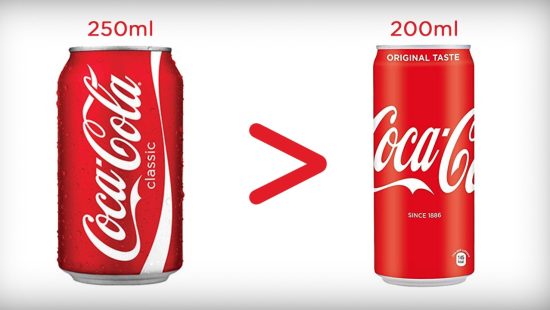Learn how testosterone changes with age, what symptoms to watch for, and expert-backed strategies to stay healthy and energetic.
Testosterone naturally decreases as men age, but unlike menopause, this decline is gradual and affects each man differently. This process—known as andropause or late-onset hypogonadism—often begins quietly around ages 35 to 40 and becomes more noticeable between 45 and 55, explains Dr. John P. Mulhall of Memorial Sloan Kettering Cancer Center.
Low testosterone can affect many areas of health. According to Dr. Abraham Morgentaler of Harvard Medical School, men may experience:
- Lower libido and reduced morning erections
- Constant fatigue
- Belly fat gain and muscle loss
- Mood changes, irritability, or low motivation
- Brain fog or trouble concentrating
Some men even feel hot flashes or start the day with unusual exhaustion, a pattern often mistaken for stress or depression.
Not All Symptoms Are Hormonal
Specialists like Dr. S. Adam Ramin (UCLA) warn that emotional issues, sleep disorders, or obesity can mimic the symptoms of andropause. This is why proper diagnosis is essential.
Testing requires more than one blood test. Dr. Natan Bar-Chama (Mount Sinai) recommends checking total testosterone, free testosterone, SHBG, LH, FSH, prolactin, and PSA.
If levels are low, doctors repeat the test to confirm it and rule out conditions like sleep apnea or medication effects.
Not every man with low testosterone needs medication. Dr. Laurence Levine (Rush University) notes that treatment is only recommended when both symptoms and confirmed low levels are present.
When needed, testosterone can be given as gels, injections, capsules, or pellets. Benefits may include better sexual desire, improved energy, more muscle, less abdominal fat, and stronger bones.
However, Dr. Tobias Kohler (Mayo Clinic) cautions that hormone therapy has risks—it can worsen sleep apnea, raise hematocrit levels, reduce fertility, and is not suitable for men with active prostate cancer. Regular medical monitoring is required.
For men wanting to maintain fertility, alternatives like clomiphene or hCG can boost natural testosterone production.
Experts agree that healthy habits can significantly improve testosterone levels—sometimes by up to 30%.
Dr. Alex Pastuszak (University of Utah) emphasizes:
- Strength training
- Maintaining a healthy weight
- Eating a balanced diet
- Sleeping well
- Managing stress
These changes can delay symptoms and reduce their intensity.
Andropause is not an inevitable or sudden decline—it’s a gradual process that varies widely among men. With proper evaluation, healthier habits, and expert-guided treatment when necessary, its impact can be greatly reduced.








